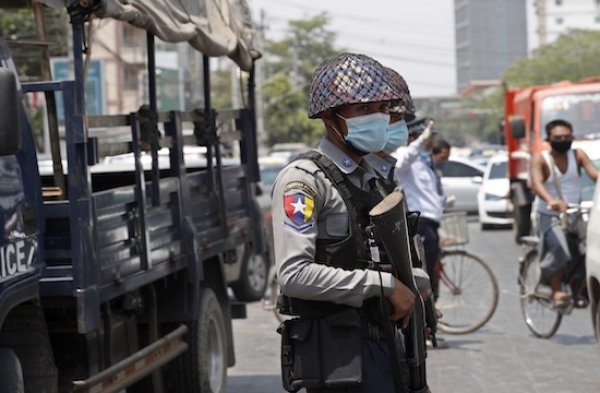1. Myanmar
As the United Nations Security Council has failed to provide leadership for a ceasefire or to effectively protect civilians during the current pandemic, the continuing conflict in Rakhine State and southern areas of the Chin State is hindering COVID-19 response in these parts of Myanmar. The related serious health system vulnerabilities could influence disease control since the public health system is operational only in government-controlled areas and it lacks resources and capacity, while in areas under the ethnic governing bodies’ control, NGOs and the UN humanitarian agencies are collaborating with the authorities to provide basic health services and respond to issues related to COVID-19. So far, the spread of the virus appears to be limited (only some 200 cases), but the number of infections could be higher than reported due to the limited testing capacity and the large-scale displacement caused by the conflict.
To learn more, please visit:
https://www.unocha.org/story/myanmar-continued-conflict-impediment-fight-against-covid-19
https://www.nrc.no/news/2020/may/armed-conflict-displaces-660000-since-un-call-for-global-ceasefire/
2. Cameroon
Since the last update, COVID-19 cases continue to raise in Cameroon, reaching more than 1800 cases, despite the government’s preventive measures and the imposure of restrictions on movement. The United Nations High Commissioner for Refugees expressed concern about a possible outbreak of COVID-19 among refugees and internally displaced persons as they are “at heightened risk of stigmatization in situations of pandemic”. In addition, forcibly displaced populations face food insecurity since the government’s ban of humanitarian flights, hindering the provision of humanitarian assistance to the most vulnerable. Moreover, French-speaking President Paul Biya has rejected the Southern Cameroons Defence Forces’ cease-fire offer. This increases further the risks of this part of the population being most affected by the virus in Central Africa.
To learn more, please visit:
https://www.bbc.com/news/world-africa-52551848
https://reliefweb.int/sites/reliefweb.int/files/resources/76524.pdf







